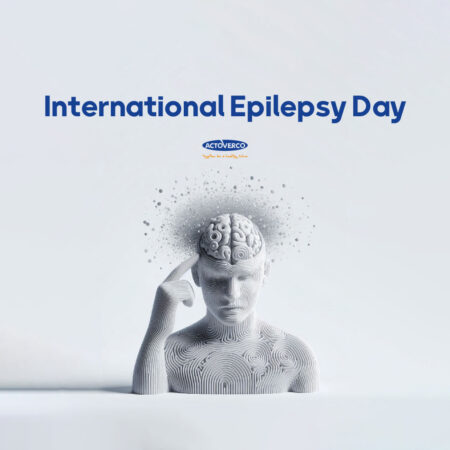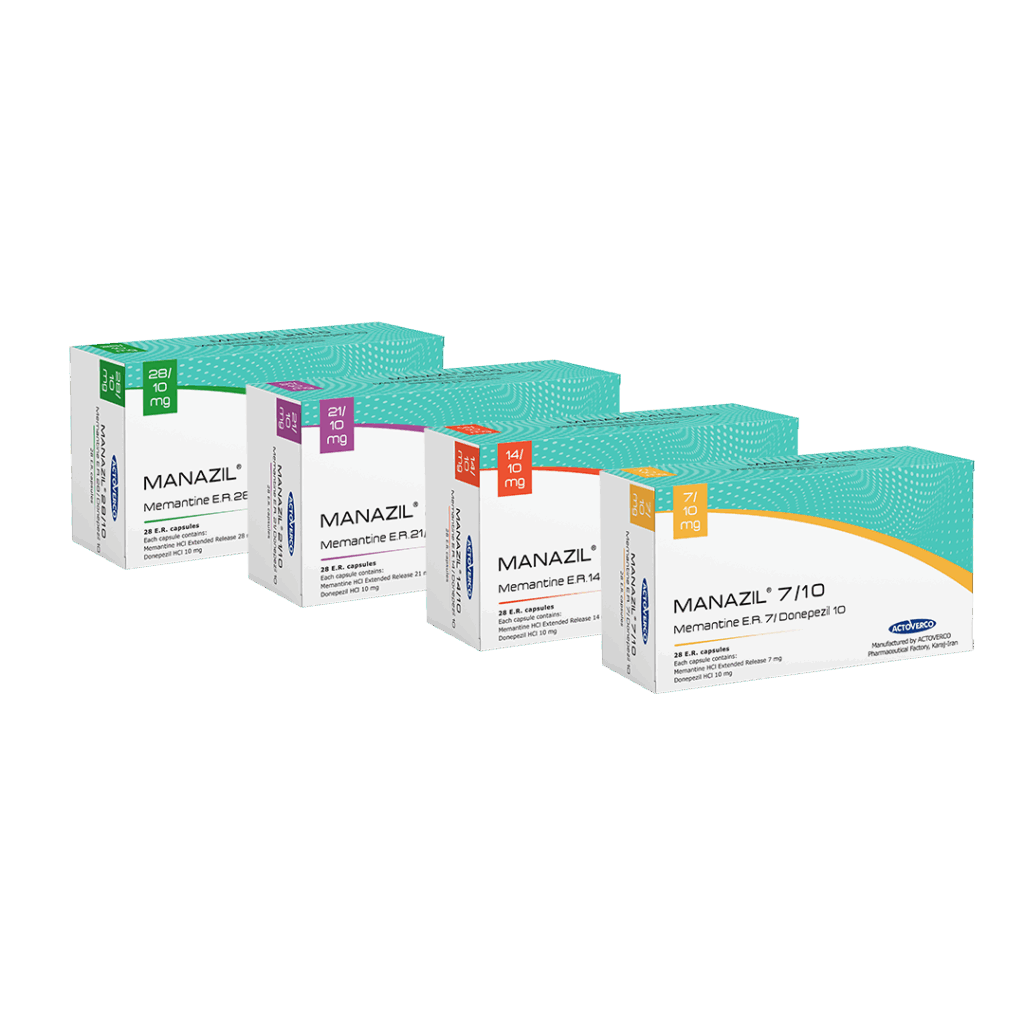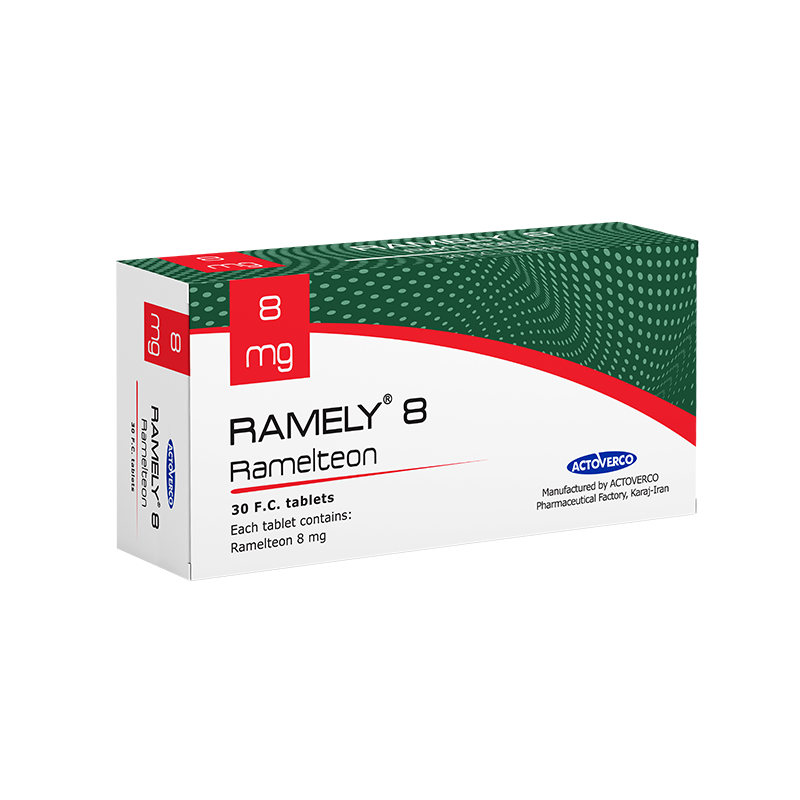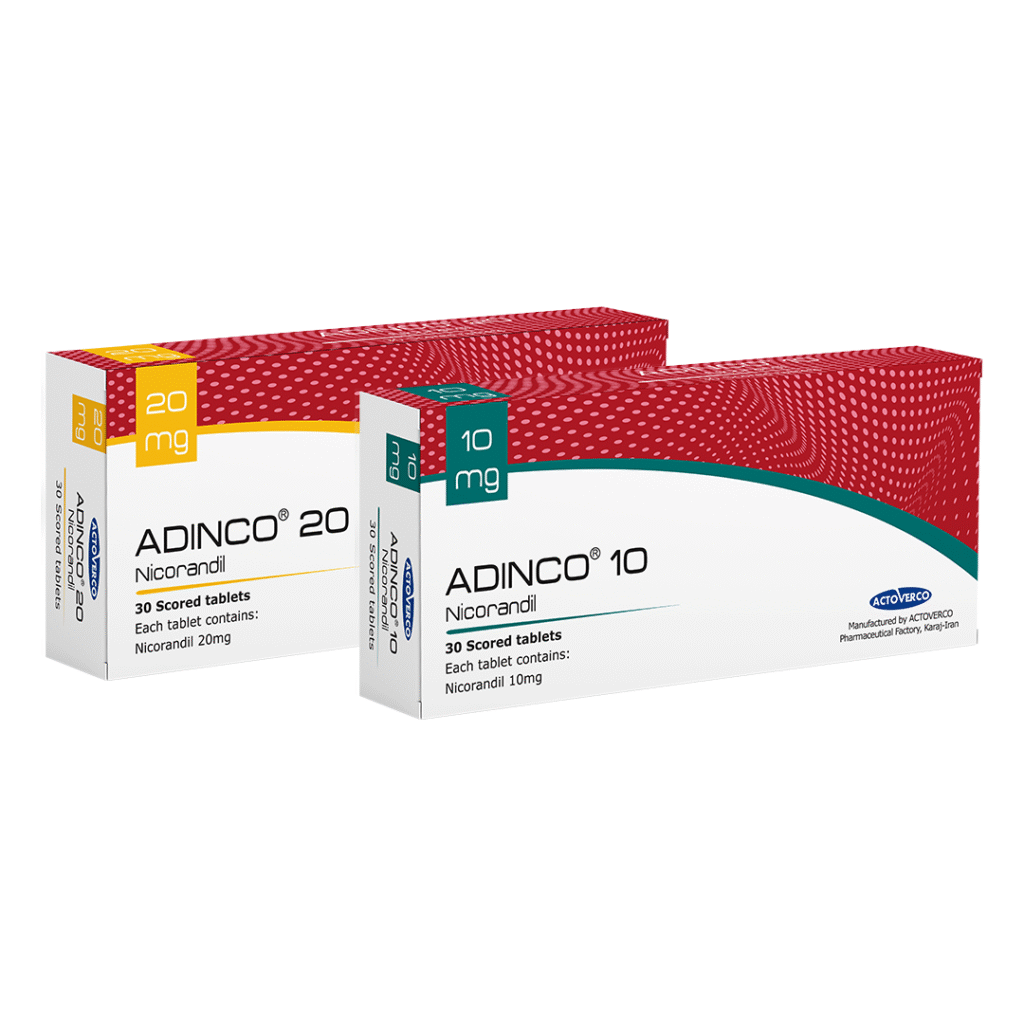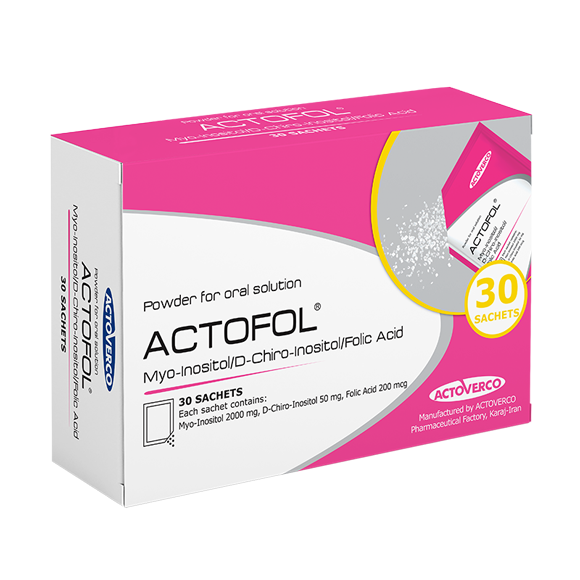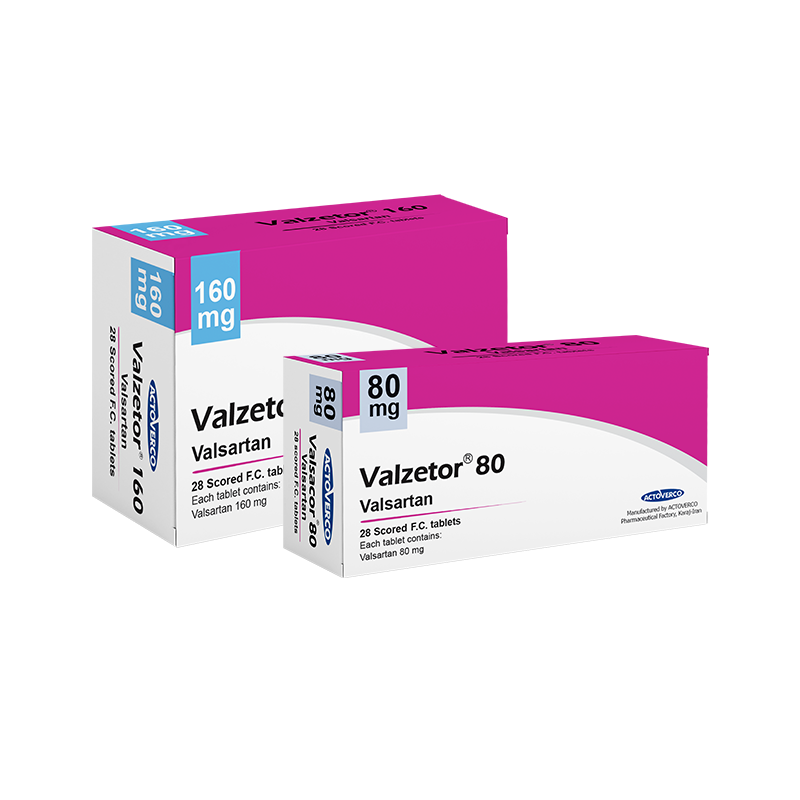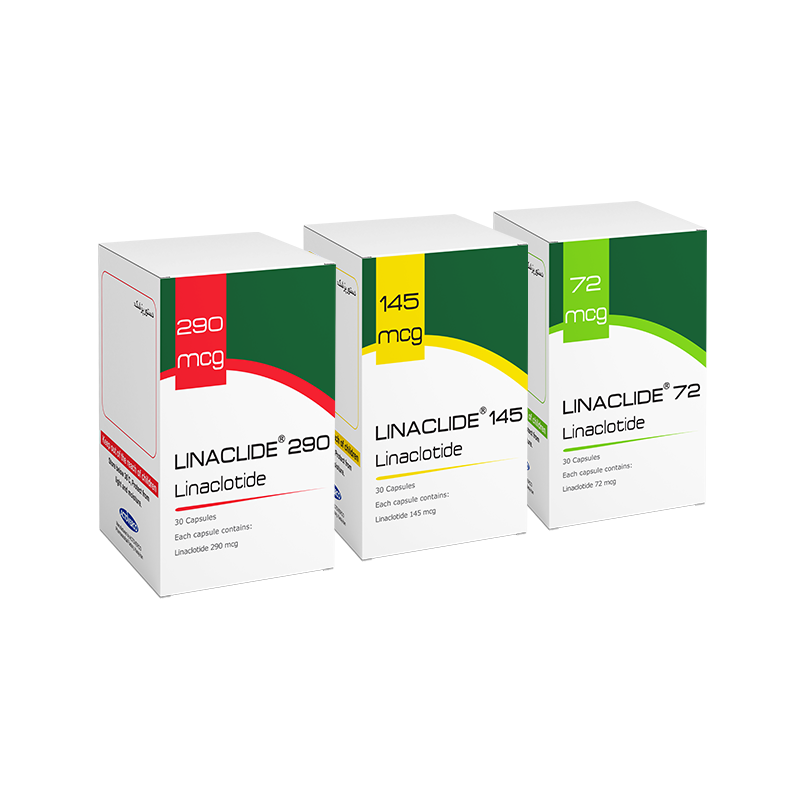Cardiovascular diseases are the most important cause of death among people. The heart, as the driving force of the body, plays an important role in a person’s health and survival. Being in situations that endanger heart health can jeopardize the efficiency of this vital organ of the body. Cardiovascular diseases include congenital or acquired causes. Different types of heart disease include the following:
- Congenital cardiovascular disease
- Arrhythmia or irregular heartbeat
- Cardiomyopathy
- Heart failure disease
- Heart attack disease
- Rheumatic heart disease
Important factors that cause heart disease include age, sex, heredity, smoking, chemical drugs, high blood pressure, high cholesterol and diabetes. Other factors such as obesity, physical inactivity and stress are also in the next categories of factors threatening heart health.
Symptoms that make a doctor suspect a person has cardiovascular disease are:
- Chest pain
- Faster and higher heart rate
- Severe fatigue
- Nausea
- Excessive sweating
- Dizziness
- Cardiovascular disease treatment
Treatment strategies for cardiovascular diseases include two main groups: use of drugs and surgery. At the beginning of treatment, the doctor treats the disease using heart medications; however, when the symptoms of disease are more severe, it is more important to use surgeries to accelerate the patient’s recovery process. The most important heart surgical procedures are as follows:
- Angioplasty
- Coronary Artery Bypass Graft (CABG) Surgery
- Heart valves repair or transplantation surgery












